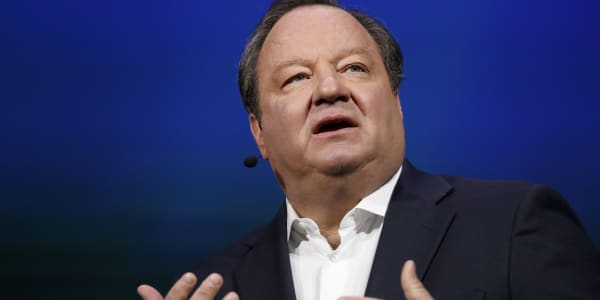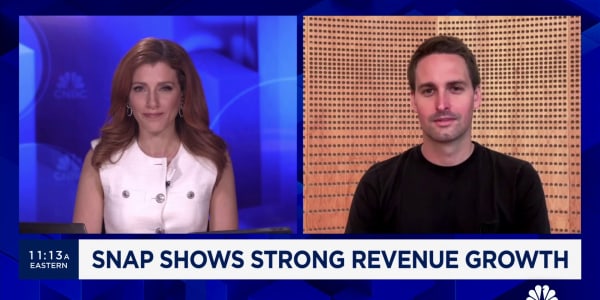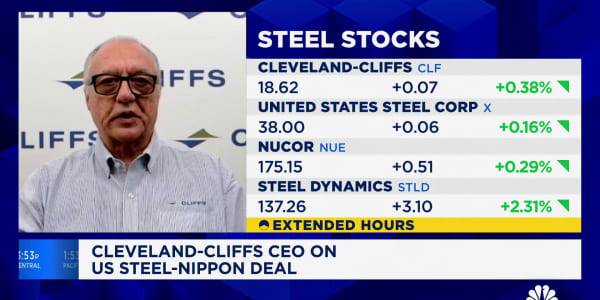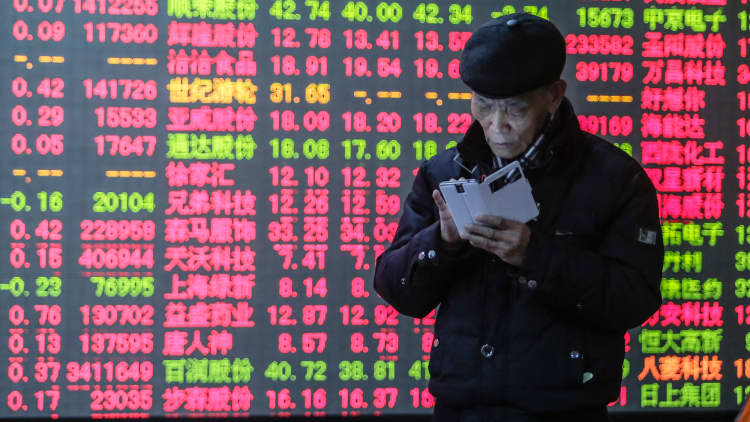
Many Western investors see China as a slowing giant, but traders in the region have used a more optimistic take to score huge profits.
Hedge funds that focus on Chinese stocks produced their biggest monthly gains in more than 14 years in April, thanks to increased access to local markets and expectations of government economic stimulus and business reforms, both of which caused equities to surge.
The AsiaHedge Chinese Long/Short Equity Index, which tracks hedge funds that pick local stocks, gained 16.58 percent net of fees in April, the best monthly gain since a 23.77 percent rise in March 2001, when more Chinese investors were allowed to access the stock market.
The average China hedge fund is now up an astounding 23.25 percent this year through April—versus a 2.76 percent rise for the HedgeFund Intelligence composite index—and is easily the best-performing strategy in the world.
"It's a question of the glass being half empty or half full," William Ma, Hong Kong-based deputy chief investment officer of Gottex Penjing Asset Management, said in an email. "Global allocators focus more on top-down macro like GDP slowdown in China, while domestic investors and managers are more optimistic from a bottom-up perspective."
Ma and other hedge fund industry observers cite several factors for the huge gains.
Those include recently reduced interest rates by the People's Bank of China; increased market openness through the government reform of state-owned enterprises; and huge new investment flows through the Shanghai-Hong Kong Stock Connect program, which increased access for international investors to local shares and recently opened to Chinese mutual funds.
Big winners
Many of the region's larger funds produced double-digit gains in April.
The $1.8 billion Golden China Fund, run by Shanghai-based Greenwoods Asset Management, gained 18 percent in April, according to performance information obtained by CNBC.com, bringing the stock-focused fund's year-to-date gain to 23 percent. The firm, led by George Jiang, didn't respond to a request for comment.
APS Asset Management's $3.4 billion China A Share Fund gained 11.28 percent in April and is up 41.59 percent this year, according to the firm's client service manager, Rachel Goh. "A" shares of Chinese stocks are largely restricted to domestic investors and some qualified institutions.
And the Springs China Opportunities Fund, run by $5 billion Springs Capital in Hong Kong and also focused on "A" shares, gained about 10 percent in April to put it up more than 29 percent for 2015, according to performance information obtained by CNBC.com. A spokesman for the firm confirmed the numbers, but declined further comment.
Several smaller funds focused on China produced even larger gains in April.
Avant Capital Management's main fund, for example, gained 68 percent last month and is now up 132 percent this year. The Hong Kong-based fund manages more than $100 million. A spokesman for the firm, Raymond Jook, confirmed the numbers but declined further comment.
Legends China Fund gained 36.7 percent in April and is now up roughly 49 percent for the year, according to operations manager Cyrus Chang. The $110 million firm is run by Marko Ho and invests mainly in Hong Kong-listed mid-cap stocks.
And Top Ace Asset Management's $200 million China fund gained 32 percent in April, bringing its year-to-date return to about 50 percent, according to Chief Operating Officer Peter Chang. The Hong Kong-based firm is led by Wang Yawei.
Read MoreChina inflation muted, fuels calls for more easing
At least one well-known U.S.-based hedge fund also benefited from China exposure.
The $1.35 billion Och-Ziff Asia Master Fund, for example, gained 5.55 percent in April thanks in part to significant gains in Chinese stock exposure, according to a person familiar with the situation. The fund is up 11.23 percent so far this year. A spokesman for $47 billion Och-Ziff Capital Management Group declined to comment.
A few losers
Not all hedge funds were able to produce big gains in China.
Turiya Capital's main fund gained just 0.34 percent in April and is down 0.77 percent for the year, according to client materials obtained by CNBC.com. The multibillion-dollar Hong Kong-based firm focuses on Asian stocks and lost money in April on its Chinese investments, include Chinese stocks in the coal, banking and oil sectors, according to the materials. The gross value of its short bets against stocks in China outweigh its longs, according to the materials, suggesting a negative view.
Adrian Gmuer, a spokesman for the firm, declined to comment.
Small hedge funds Tairen China Fund, Kriya China Fund and New Top-Founder K & A Fund were among the handful of China stock-focused funds to lose money in April, according to performance information obtained by CNBC.com. A spokesman for each did not immediately respond to a request for comment.
Can it last?
Investors in hedge funds are now wondering if the gains can continue.
Pierre Hoebrechts, CEO of Hong Kong-based Arowana Asset Management, worried that too much of the recent gains were driven to a "frothy" level by traders betting on positive Chinese government statements on stimulus and the stock market.
"Any perceived changes by the retail [investor] could generate substantial short-term volatility," Hoebrechts said in an email.
He added that the volatility could also lead to a better stock-picking environment. "Dispersion will remain and strong stock pickers should find plenty of opportunities both on the long and short side," Hoebrechts said.
Eric Tedd, head of hedge fund research at Guggenheim Investment Advisors, was also bullish.
"I believe recent outperformance is likely to persist as valuations are still relatively attractive, economic growth and demographics in China are more favorable than developed markets, and global investors are very underweight China," Tedd said in an email.
He noted that Chinese equities represent about 1 percent of global investor's portfolios, but China represents about 12 percent of global gross domestic product. Tedd said he expected that gap to narrow in the coming years, benefiting local markets.
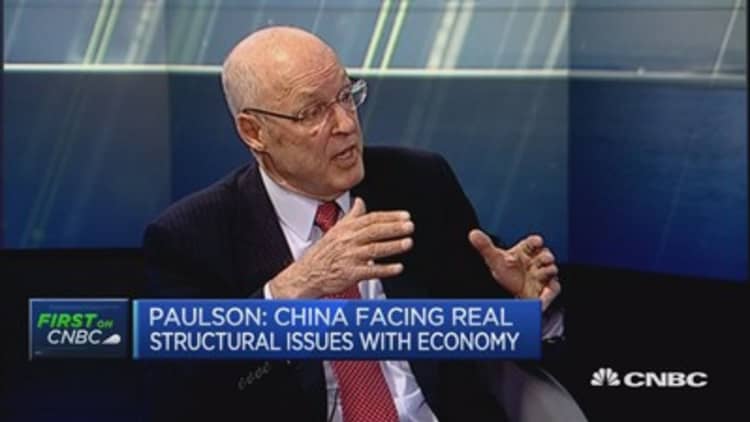
Prominent London-based hedge fund manager Brevan Howard is skeptical of the Chinese growth story.
"Activity in China has not yet shown any clear signs of a turnaround," the firm wrote in a letter to investors of the Brevan Howard Asia Master Fund, which lost 0.91 percent in April and is up 0.64 percent for 2015. A spokesman for the firm did not respond to a request for comment.
The letter noted that central bank interest rate cuts may not boost the economy as planned.
"The transmission mechanism from interbank rates to economic growth is less clear," Brevan Howard wrote. "Without an acceleration in credit and investments, it is questionable whether China will be able to engineer a sustainable recovery from this point."




